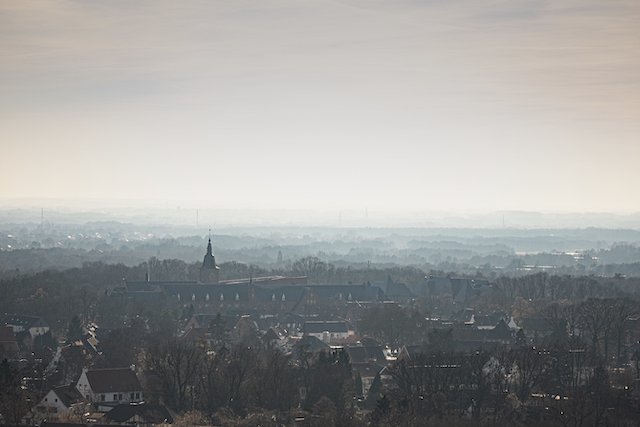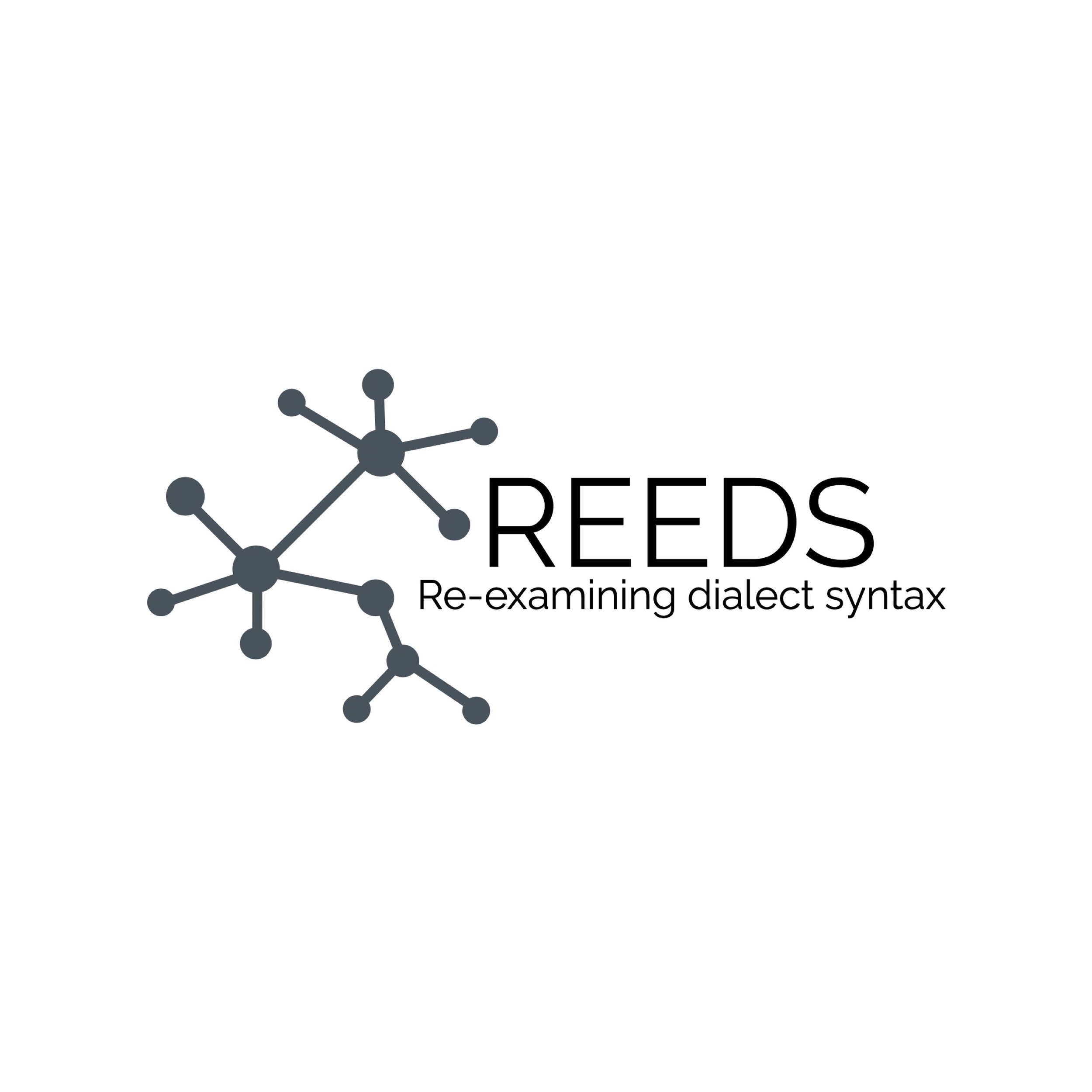
Events & activities

MUMOVA2025
MUMOVA2025 is the first REEDS Workshop on Multidisciplinary Approaches to Morphosyntactic Variation. It will be hosted by CRISSP in Leuven on 11–12 December 2025. Read the full call for papers or visit the conference website.

From Dialectology to Dialectometry 2025
Interested in dialects? Want to know how to analyse dialects? Want to learn how to create linguistic maps? Then this is the workshop for you! This semester, the From Dialectology to Dialectometry Workshop Series will give a range of workshops on different aspects of dialectology and dialectometry; you will learn how to read maps, extract dialect data, creating your own linguistic maps and analysing dialects using computational methods with hands on experience.

LiME Conference on Language Variation (LiCLA 1)
LiME, the Linguistics & Language Variation group at the Meertens Institute in Amsterdam, in collaboration with the REEDS-network, invites abstracts for the first edition of the LiME Conference on Language Variation (LiCLA 1). The conference will take place in Amsterdam on 17–18 September 2025.

REEDStalks with Stef Grondelaers and Dirk Speelman
The REEDS-network is very happy to announce a new installment in the REEDStalks lecture series.
Speaker: Stef Grondelaers (Meertens Institute Amsterdam) & Dirk Speelman (KU Leuven)
Title: To be or not to be (there): Functional and regional constraints on the syntax of existential sentences
Location: Zoom
Abstract: pdf

REEDStalks-QLVL Colloquium
The REEDS-network is very happy to announce a new installment in the REEDStalks lecture series - a joint REEDStalks-QLVL Colloquium.
Speaker: Floris Nijhuis (University of Groningen; visiting scholar at QLVL (KU Leuven))
Title: Using Population Genetic Techniques to Model Language Structure: A Case Study of the Former Zuiderzee Region in the Netherlands
Location: This will be a hybrid lecture, combining in-person participation in Leuven (MSI 02.23) with online access via Zoom.
Abstract: pdf


GCND Hackathon: Automatic linguistic annotation and speech recognition of dialects
We are excited to announce the REEDS-funded doctoral school «GCND Hackathon: Automatic Linguistic Annotation and Speech Recognition of Dialects», a dynamic two-part course taking place from Monday, October 7th to Wednesday, October 9th, 2024, at Ghent University.

Limburg as a linguistic laboratory
LiME (Linguistics @ MEertens) is proud to present a two-day workshop devoted to language variation and change in the Belgian and Dutch provinces of Limburg. We specifically focus on the impact of new political borders that split up older territorial units, and on the effect of rapid industrialization of previously rural communities.

MODIFED: Morphosyntactic Dialect Feature Detection Workshop
In the past two decades computational approaches to dialect variation, known as dialectometry, have allowed researchers to work efficiently with large amounts of data and in a data-driven manner define dialect groups, identify specific dialect features and search for general tendencies in language variation. One of the main advantages of the data-driven dialectology is “avoiding the need to select which features to use as the basis of characterization” (Nerbonne, 2008). However, most published studies in dialectometry are based on data extracted from dialect atlases or surveys containing linguistic features carefully selected by human experts. Automatic extraction and analysis of meaningful features from raw text, like interviews, would enable researchers to work with data that has not be chosen by experts and which can be considered unbiased. Despite the attractiveness of this type of approach, automatic feature extraction at all linguistic levels is still challenging (Kroon, 2022) and understudied.
We are excited to announce a MODIFED workshop organized by the Re-examining Dialect Syntax Network (REEDs) and Leiden University Centre for Digital Humanities (LUCDH). This 2-day workshop will take place at Leiden University on Thursday 20 June and Friday 21 June 2024. This event is designed to foster collaboration among specialists in dialectology, computational linguistics, and corpus linguistics, with a focus on identifying morphosyntactic dialect features from various semi-structured and unstructured sources. This workshop will provide an opportunity for researchers and research groups to reflect on theoretical and/or methodological problems and solutions related to automatic morphosyntactic dialect feature extraction.



REEDStalks with Frances Blanchette & Cynthia Lukyanenko
The REEDS-network is very happy to announce a new installment in the REEDStalks lecture series.
Speakers: Frances Blanchette (Penn State University) & Cynthia Lukyanenko (George Mason University)
Title: What’s in a grammar? Microsyntactic variation in American English negative dependencies
Location: Zoom
Abstract: pdf

REEDStalks with Jacopo Garzonio & Cecilia Poletto
The REEDS-network is very happy to announce a new installment in the REEDStalks lecture series.
Speakers: Jacopo Garzonio (University of Padua) & Cecilia Poletto (Goethe University Frankfurt & University of Padua)
Title: Living on the edge: on bare and non-bare negative concord items across Italo-Romance
Location: Zoom
Abstract: pdf



REEDS 2023
REEDS 2023 is the first physical gathering of the REEDS-network. It is a two-day workshop on 29–30 June in Amsterdam focused on dialect syntax. The presentations at the workshop approach this topic from a variety of perspectives, focusing on methodological and infrastructural challenges and opportunities as well as on theoretical analyses of specific dialect phenomena.

REEDS-kickoff event (part 2)
The second half of the REEDS-kickoff event, to be held online.

REEDS-kickoff event (part 1)
The first half of the REEDS-kickoff event, to be held online.
